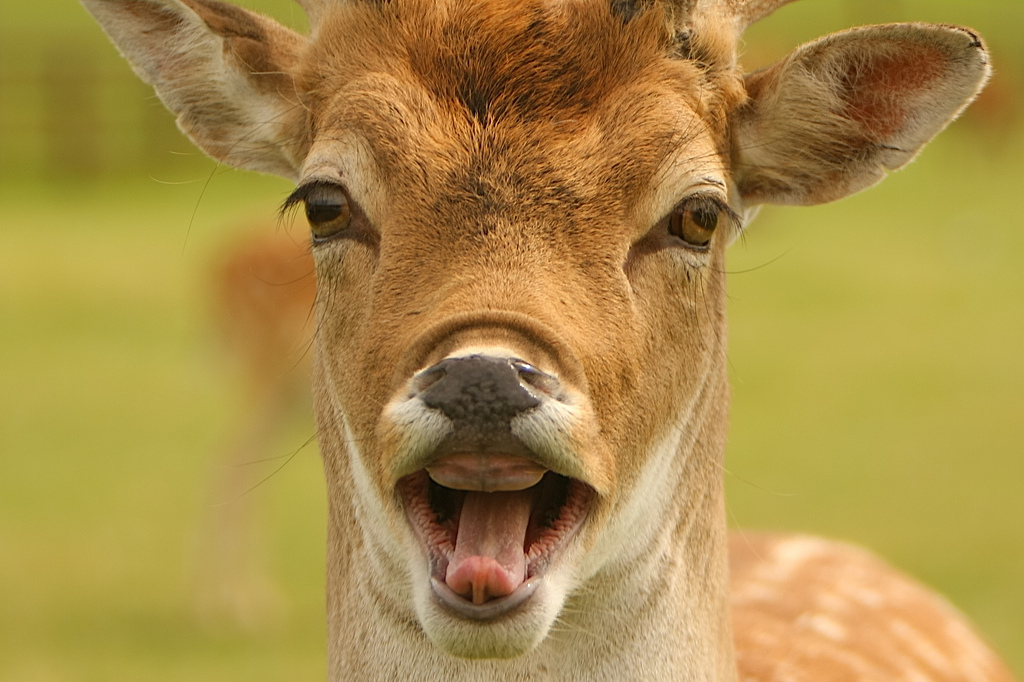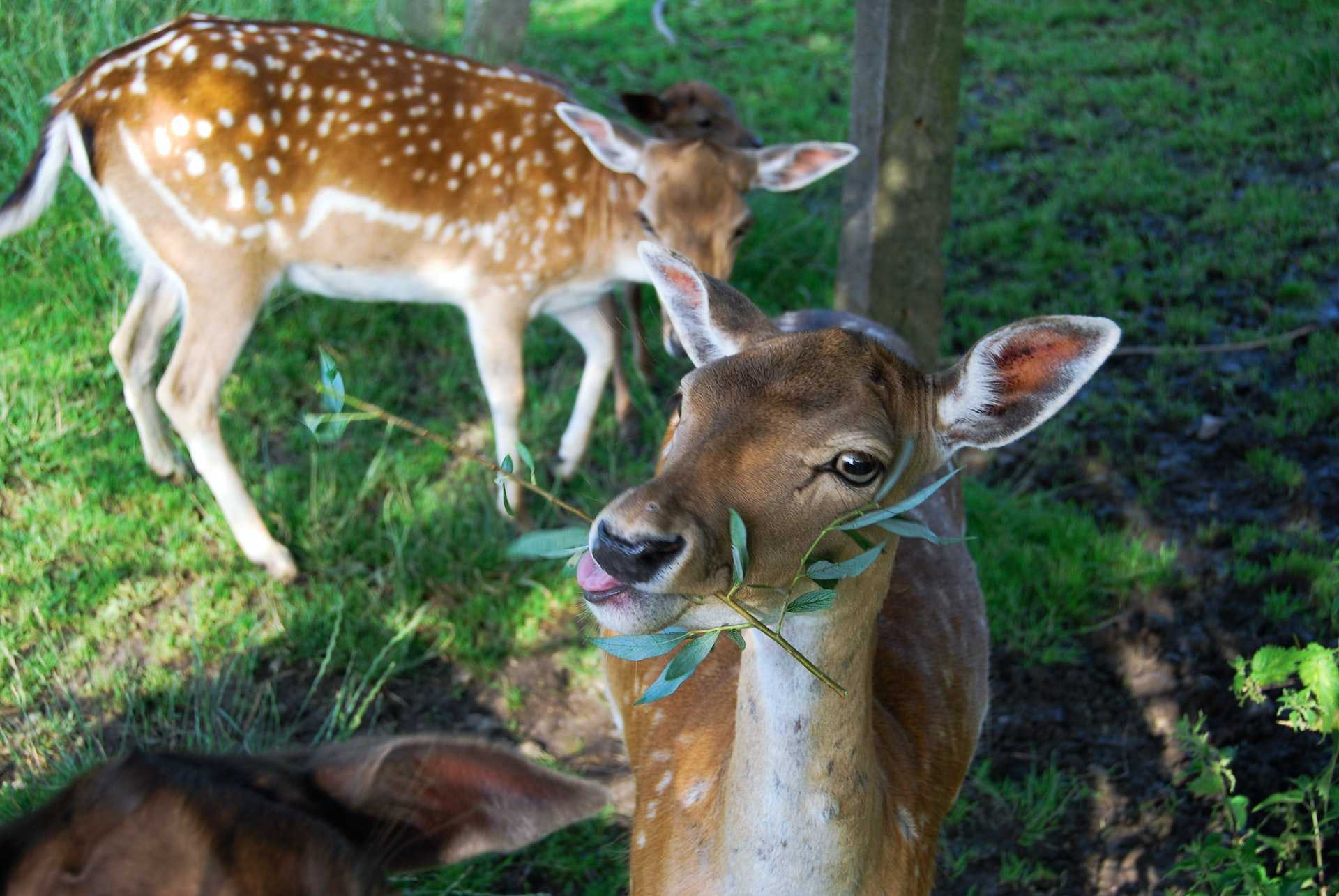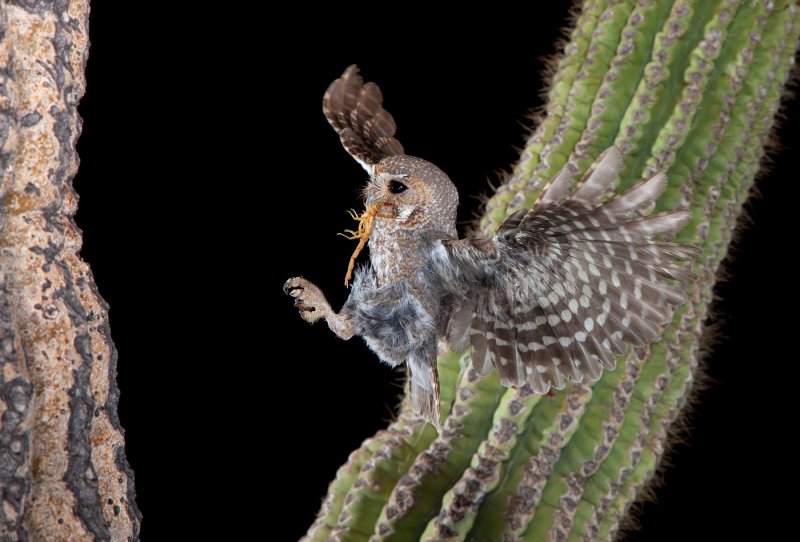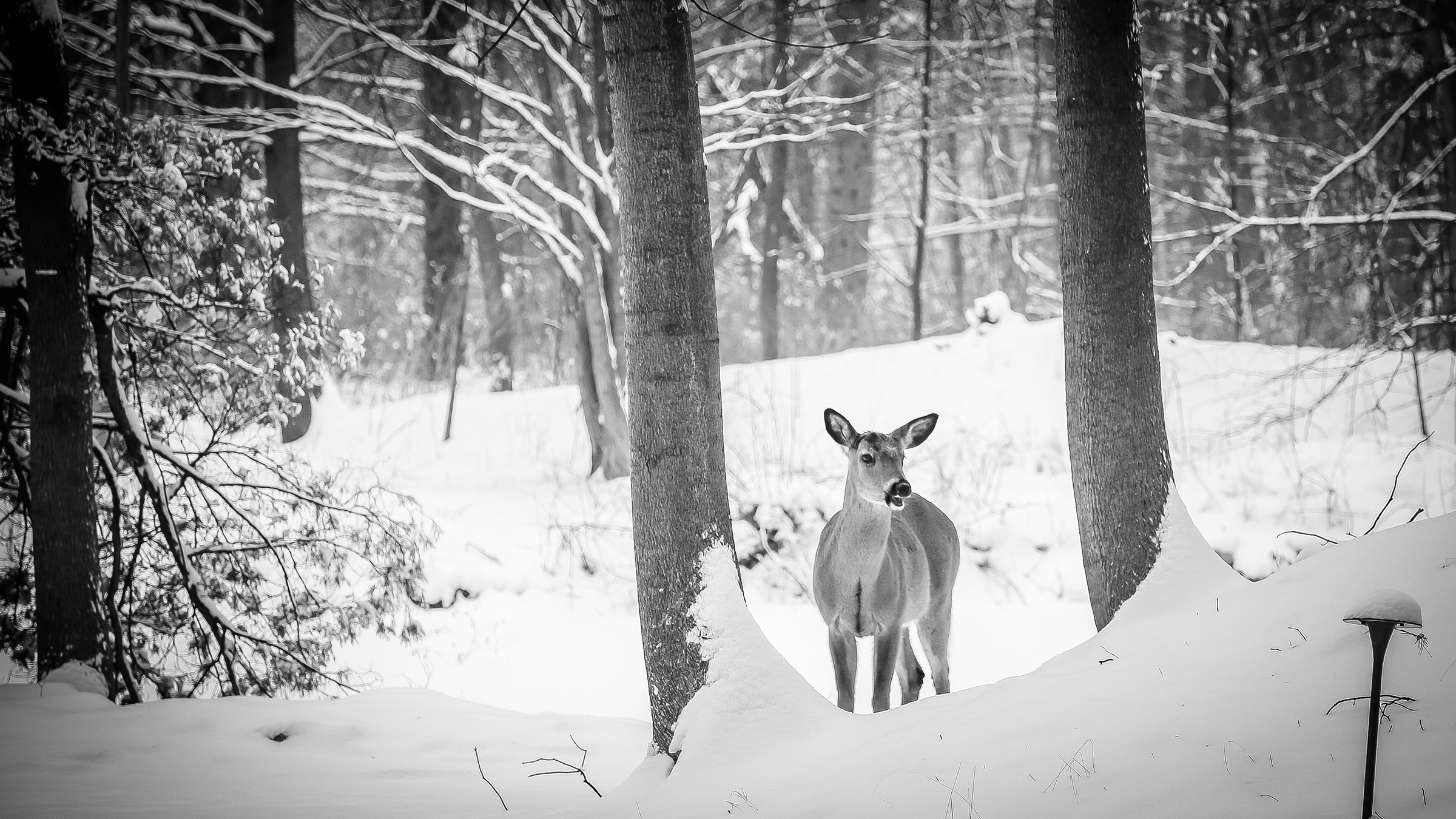
Blog
- SEO Team
Feeding Different Wildlife: Birds, Fish, Deer

Feeding wildlife in your backyard can be an enriching experience, allowing you to connect with nature and observe fascinating creatures up close. However, it’s crucial to recognize that various animals have unique dietary requirements, and providing the appropriate feed is essential for their health and well-being. Whether you’re attracting birds, fish, or deer to your property, understanding their nutritional needs and offering suitable feed ensures a successful and sustainable feeding program.
Birds:
Bird feeding is one of the most popular activities for backyard wildlife enthusiasts. Watching colorful birds fluttering around feeders adds vibrancy and life to any outdoor space. Different bird species have distinct preferences when it comes to food, so offering a diverse selection of seeds, suet, fruits, and nectar can attract a wide variety of feathered visitors.
- Seeds: Sunflower seeds are a favorite among many bird species, including cardinals, chickadees, and finches. Black oil sunflower seeds are particularly popular due to their high oil content and thin shells, making them easy for birds to crack open.
- Fruits: Offer sliced fruits such as apples, oranges, and berries to attract fruit-eating birds like orioles, robins, and waxwings. Alternatively, plant fruit-bearing trees and shrubs in your yard to provide a natural food source.
- Nectar: Hummingbirds are attracted to nectar-rich flowers and feeders filled with sugar water. To make your own hummingbird nectar, mix one part white sugar with four parts water (no need for food coloring), and ensure your feeder is clean and free from mold.
By providing a diverse array of food options, you can attract a wide range of bird species to your backyard, creating a thriving avian habitat.
Fish:
If you have a pond, lake, or water feature on your property, feeding fish can be an enjoyable way to enhance the aquatic ecosystem and observe these fascinating creatures up close. Pond fish such as koi and goldfish benefit from supplemental feeding, especially in managed ponds where natural food sources may be limited.
- Fish Feed Pellets: Commercial fish feeder pellets are formulated to provide a balanced diet for pond fish, containing essential nutrients such as protein, fats, vitamins, and minerals. Choose pellets appropriate for the size and species of fish in your pond, and feed them sparingly to prevent overfeeding and water pollution.
- Feeding Schedule: Establish a regular feeding schedule to help fish maintain a healthy diet and minimize waste. Feed fish small amounts of pellets two to three times a day, adjusting the quantity based on water temperature and fish activity levels.
Observing fish feeding can be a relaxing and educational experience, allowing you to appreciate the beauty and diversity of aquatic life in your backyard oasis.
Deer:
We all know that attracting deer to your property can be a thrilling experience, providing opportunities for wildlife observation and photography. However, deer feeding requires careful consideration to ensure the animals’ health and well-being while minimizing potential negative impacts on the ecosystem.
- Supplemental Feed: Deer are primarily herbivores, feeding on a variety of plants, grasses, and shrubs. Supplemental deer feed is available in various forms, including pelleted feed, grains, and mineral blocks. These feeds provide essential nutrients to support deer health, especially during periods of nutritional stress such as winter or drought.
- Feeding Stations: Establish feeding stations in quiet, secluded areas away from human activity to reduce stress and disturbance to the deer. Place deer feeders in elevated locations to prevent access by other wildlife and discourage deer from becoming dependent on human-provided food.
- Monitoring and Regulation: Regularly monitor deer feeding activity to ensure that feeders are not attracting excessive numbers of deer or causing conflicts with neighboring properties. Adhere to local regulations and guidelines regarding deer feeding to promote responsible wildlife management and conservation efforts.
By offering supplemental feed responsibly and in moderation, you can attract deer to your property while promoting their health and well-being in harmony with the natural ecosystem.
Recent Articles

We built our first timer over 50 years ago. With that timer, we established a constant determination to build quality products that meet our customers’ needs. This unwavering focus on quality products and excellent customer service is the foundation of Sweeney Enterprises.



